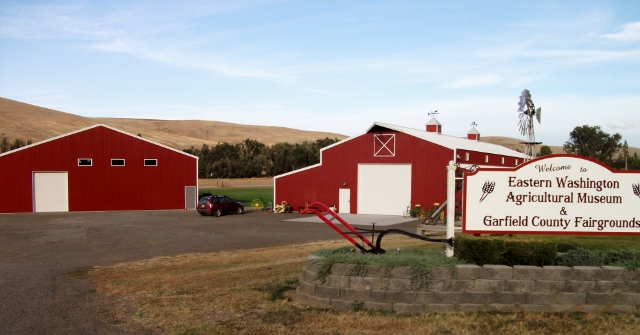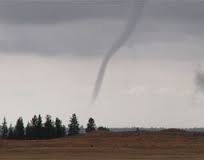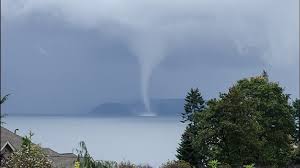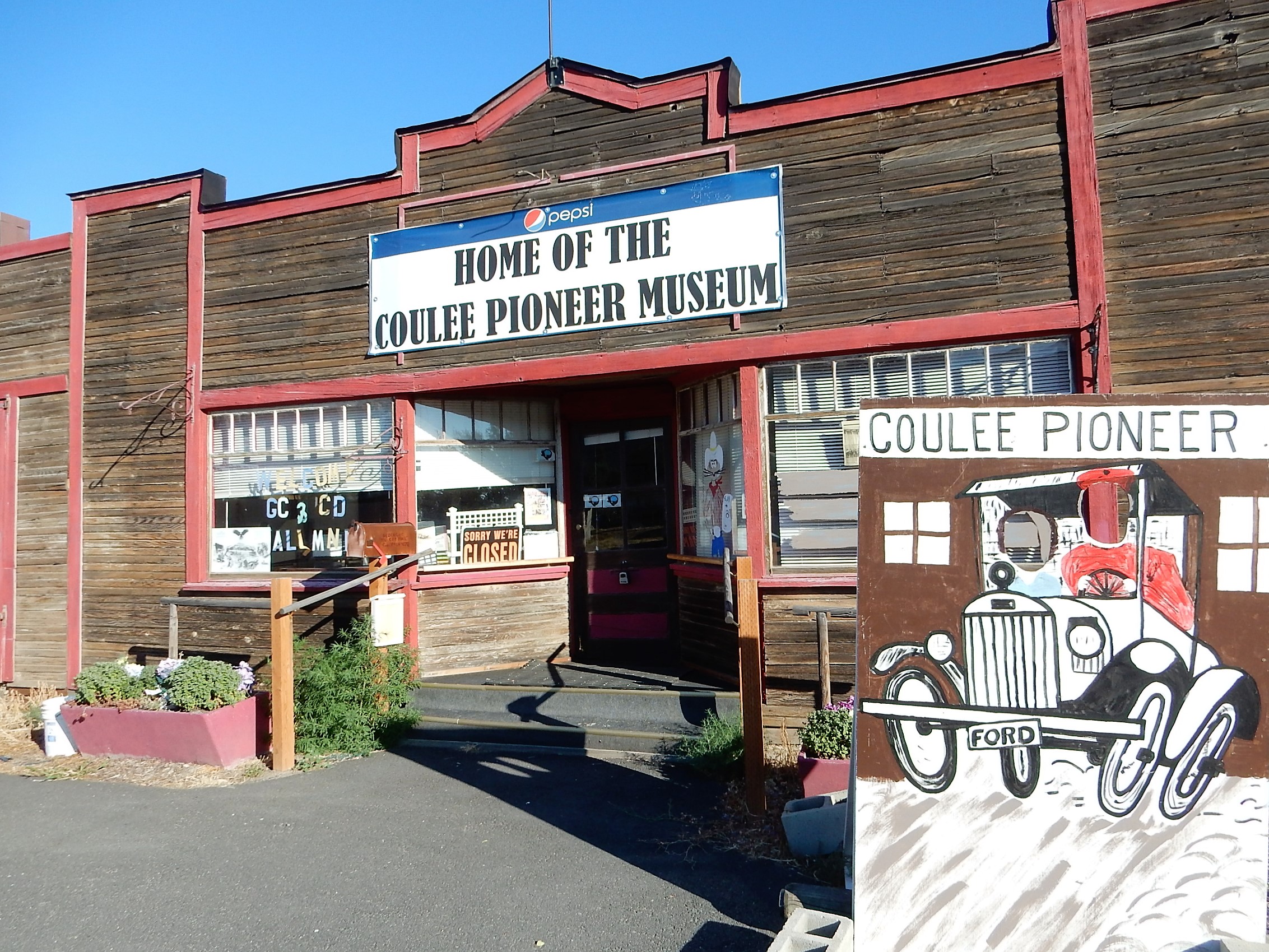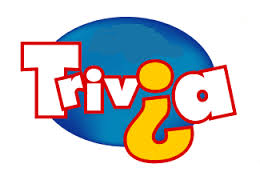
*** Washington’s State Song….. can you sing it?
This poem by Helen Davis, and musically arranged by Stuart Churchill, was adopted as the Official Song of Washington State on March 19, 1959. I’ll bet you’ve never heard it…….or even of it, right? Here tiz:
This is my country; God gave it to me.
I shall protect it; Ever keep it free.
Small towns and cities; rest here in the sun.
Filled with our laughter; Thy will be done.
Washington, My Home; wherever I may roam
This is my land, my native land, Washington my home.
Our verdant forests green, caressed by silvery stream
From mountain peak to fields of what
Washington, My Home.
There’s peace you feel and understand
In this our own beloved land
We greet the day with head held high
And forward ever is our cry
We’ll happy ever be; as people always free
For you and me—-a destiny; Washington My Home.
Sorry, but sounds kinda corny to me. What do you think???
